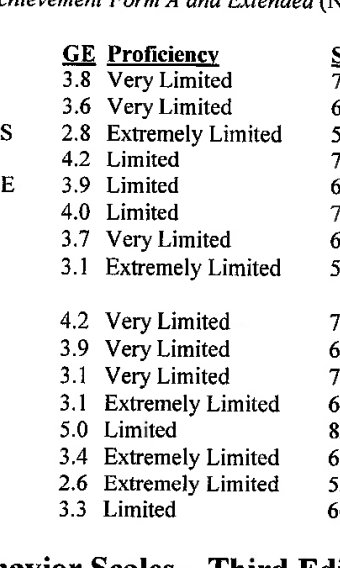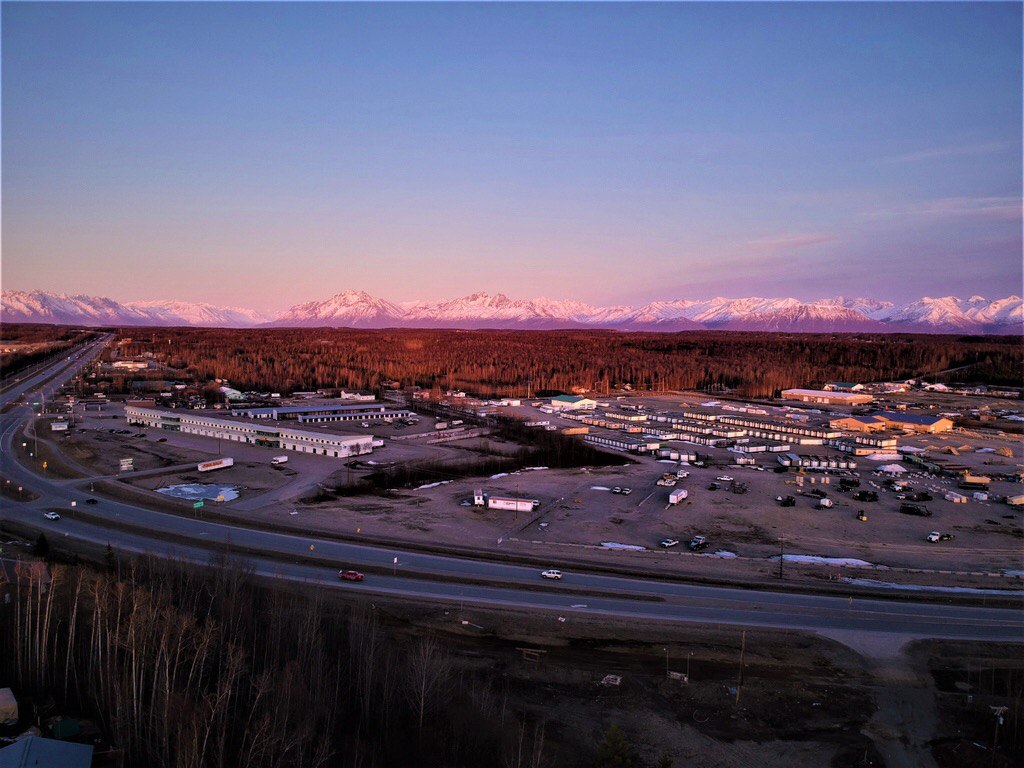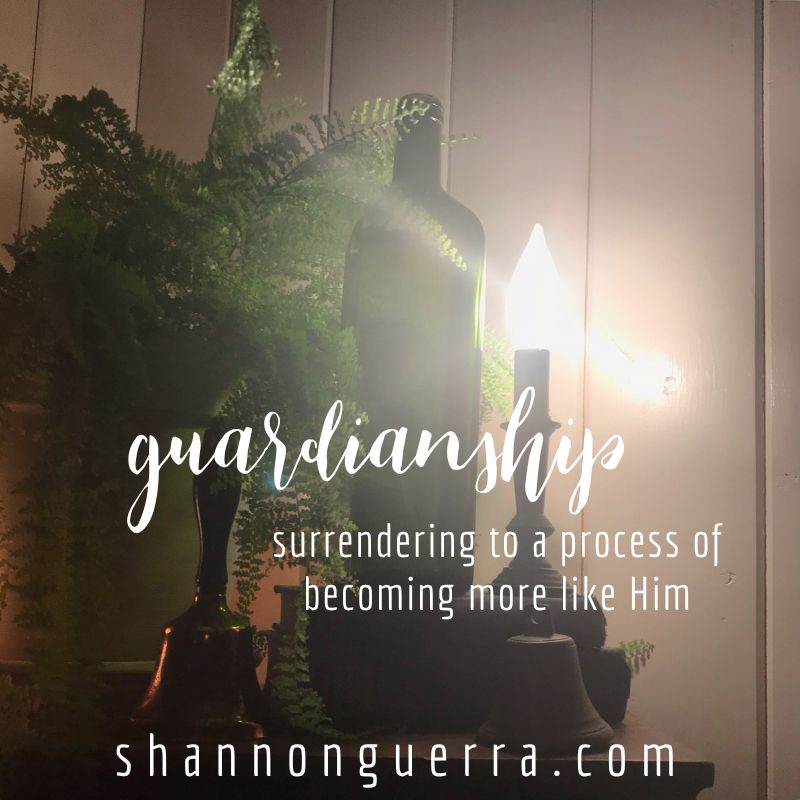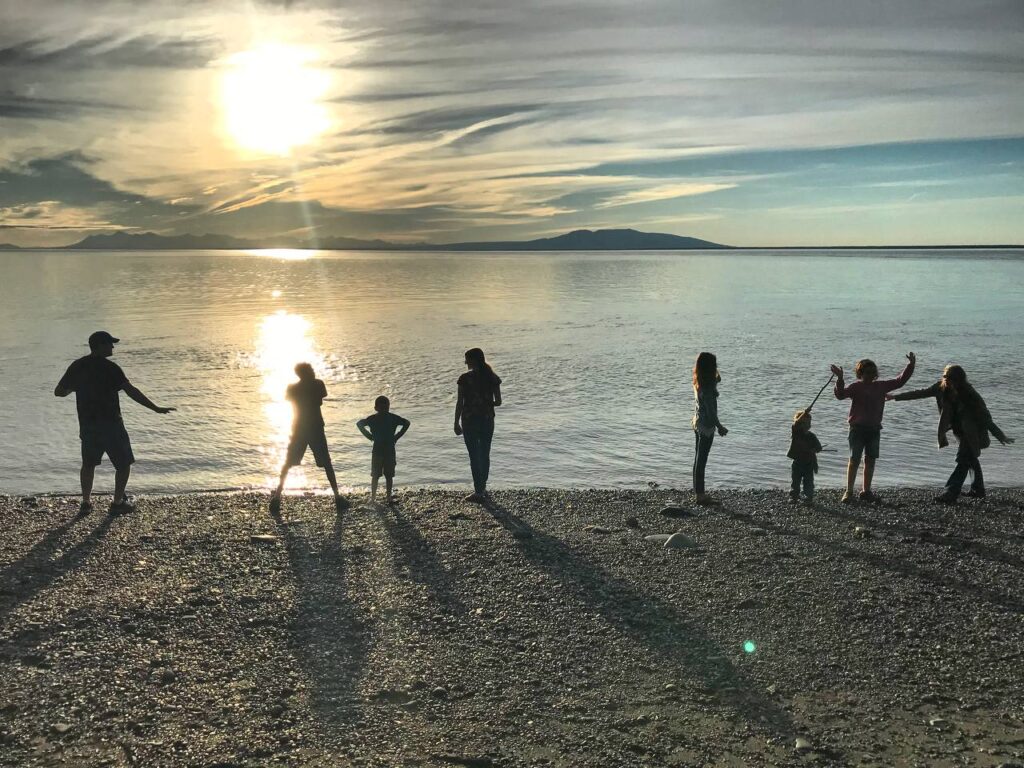I haven’t published a book in two years, but the one I’ve been working on for eleven years is about to release in a month or so. So this of course is not the best time for my computer to give me the blank stare of death.
But as I type this, it’s done that twice in a span 24 hours.
Did I have all my files backed up recently?
Oh, friends…I think we both already know the answer to that.
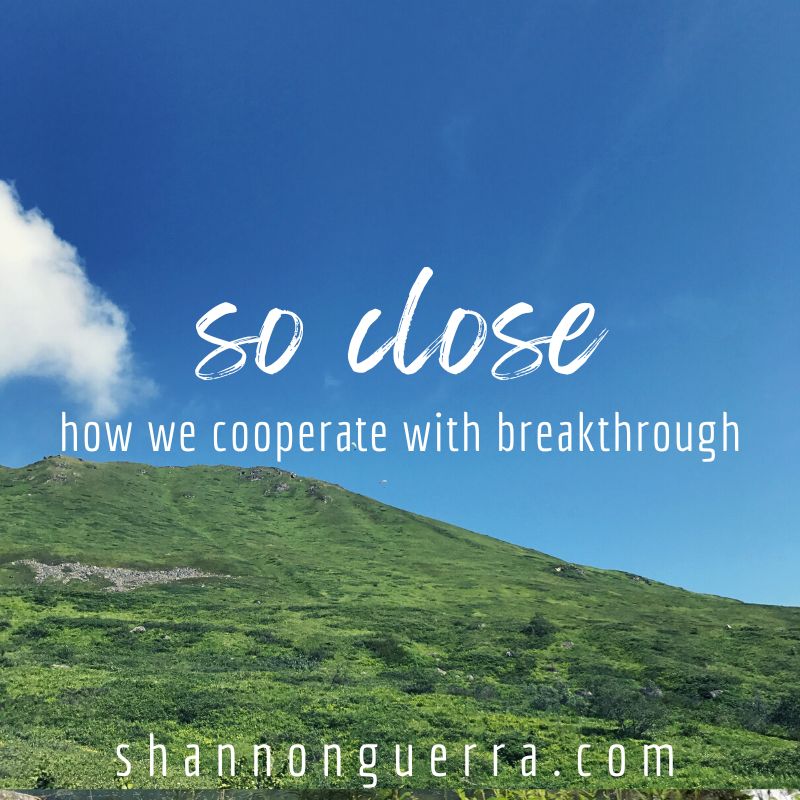
Fortunately Vince is a computer whiz (not by natural gifting or inclination, but because over the last five years I can’t tell you how many times technology has fritzed out on us) and he was able to restore the whole shebang the first time, which gave me the opportunity to frantically back up all my files. And since I have approximately the same number of files on my computer as my book has words (65,000, but who’s counting), that process took all evening and kept going through most of the night.
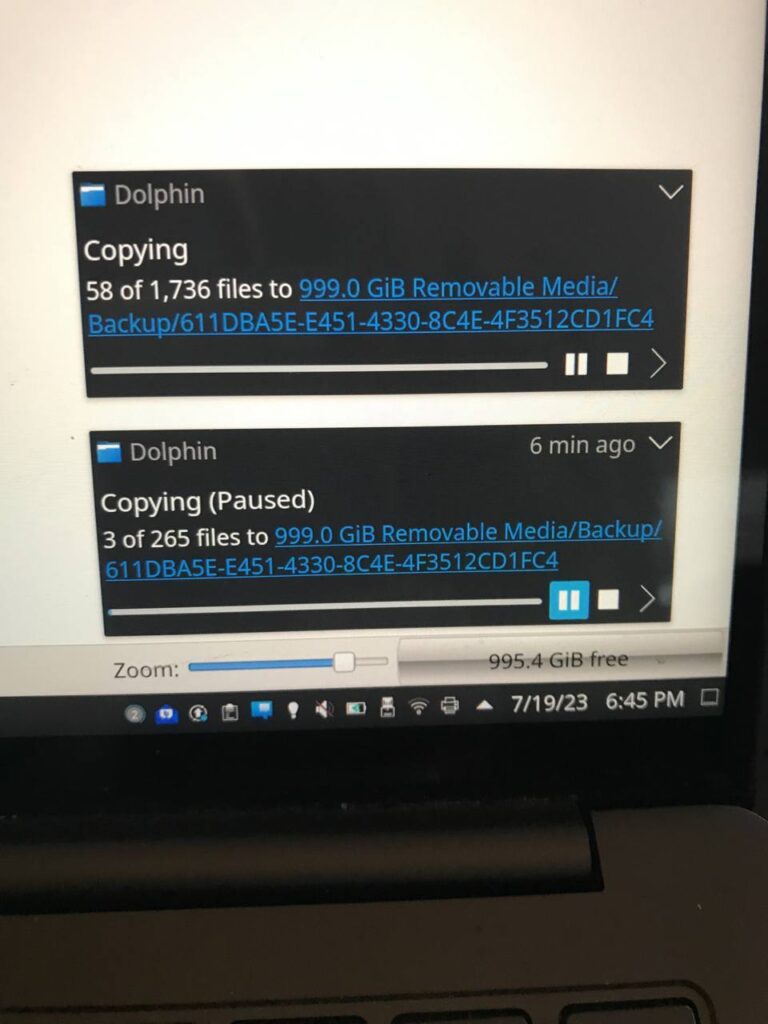
So when it crapped out again the next day, he was able to redo it all quickly and the only loss was all of my saved passwords and several hours of desk time. And even that wasn’t a total waste; in lieu of curling up in the fetal position in a corner of my bedroom and hyperventilating, I spent those hours trying not to throw up and instead busied myself with finding all the books I need to cite in my endnotes.
There have been quite a few days this month that have been not the best ones for sitting at the desk trying to write coherently, anyway. Those were days of Big Thoughts about Hard Situations, filled with distraction while I did tiny tasks: messages, emails, copying and pasting documents, busywork. And finally the short work shifts were over, and to my relief, it was time to switch with Vince and go to the kitchen or the yard. The manual tasks of washing eggs, taking care of chickens, and making shepherd’s pie are a much better use of time on these high pressure, overwhelming days.
Earlier this month we had a first-thing-in-the-morning visit to Urgent Care because little boys should not fight over opening the curtain in the morning (strike one) or stand in their windowsill (strike two) and they should definitely not shove each other while standing in said windowsill (strike three). So Kav broke his arm again – same arm, different spot, both bones but not nearly as bad as last time, praise God and pass the ibuprofen – and he is in another cast until early August.
I have been telling people that, in our defense, in 22 years of parenting we have had eight children and no broken bones until this kid. We almost had a perfect record. So close.
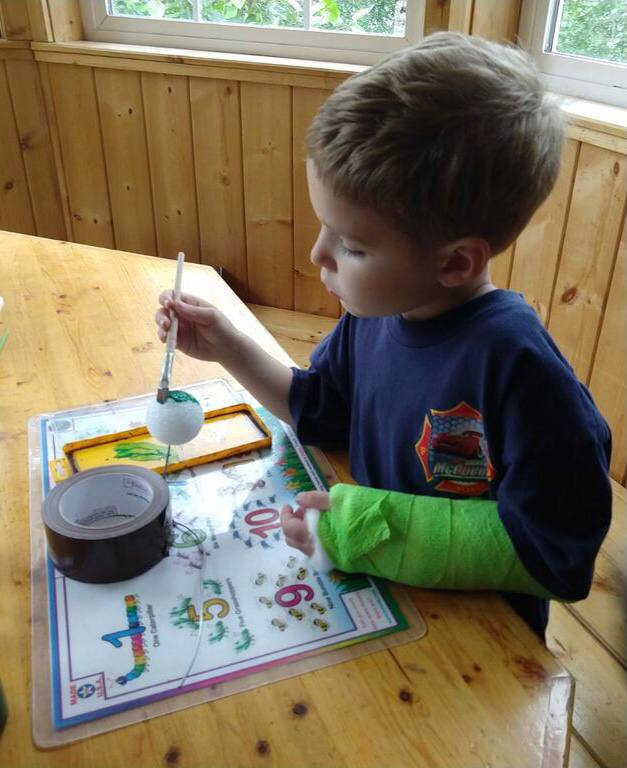
Or another example: One day Reagan finally did her math assignment for the first time in two weeks. She knows odds and evens, has sorted them out for years, and even if she forgets (because this is the brain on FAS), the guidelines are written at the top of her page: Even numbers end in 0, 2, 4, 6, and 8. Odd numbers end in 1, 3, 5, 7, and 9.
For two weeks she either ignored the guidelines or blatantly refused to do it, and instead of following the instructions to mark all even numbers with X’s, she randomly marked some or all of them every single day. She knew it was wrong; she knew she was disobeying.
Ironically, she also wants to move onto the next math level. She talks about starting her next book almost every day, and she knows she can’t get to it if she won’t finish the page she’s on, so close to the end of her current book.
And then one morning she finally did it: Perfect Xs on all the even numbers, and only the even numbers. Hallelujah. The next section was easy: Just add simple two-digit numbers. She knows this and usually flies through it. Just in case though, I checked to make sure she knew what to do. Then she went back to the table.
Two minutes later she brought me her book. She had not added anything. Instead, she went back to the odds and evens she had finally finished, crossed out all the odd numbers in addition to the evens she had finally done correctly, effectively undoing her work and thumbing her nose at me. In spite of what she says every day, the clear message was, No, I do not want to do school, I do not want to move on.
So when we are so close to victory and hit a delay, sometimes it’s attack, and sometimes it’s sabotage – we’re afraid of the change that we’ve been begging for, because we don’t really know what to expect from it.
And other times it’s neither. We’re just waiting, and it’s not always easy to tell the difference. We don’t want to fight against God’s timing and rebuke what we think is an attack if it’s really God causing a delay for our good. So we wrestle in this unknowing, and ask Him to take us back to the beginning.
This is where I was a couple weeks ago. I was praying and had no idea what to do about a situation, and I told the Lord that I needed Him to take me back to the very beginning. In desperation, I felt like I didn’t know how to pray, intercede, declare, bind, or assault the enemy; I had tried everything but nothing seemed to be working.
So I asked Him again, through tears and gritted teeth:
“God, show me how to pray. Show me how to declare. I need You to show me exactly what to do now because I don’t know what’s working. I feel like I’m aiming blindly and sometimes something sticks and sometimes it doesn’t, and I don’t know what makes the difference. So show me what to do – show me what works, and show me how to do it. I keep hitting all the buttons, and I don’t know what’s working, what’s not working, what’s canceling the others out. I just keep slamming all the freaking buttons. Show me the right one to push, and I will do it.”
When I was done venting and seething, the Holy Spirit quietly said, Everything works.
I sat there stunned, wondering if I’d heard correctly. What?! What do You mean, everything works?
He answered, You want to know how severe the onslaught has been against you? It’s because everything you’ve been doing in obedience and faith works – and that’s how much opposition you’ve been dealing with, because everything you’ve been doing has been working.
You’ve just been encountering that much attack because that’s how terrified the enemy is of your victory.
And suddenly I was eager to intercede, to fight, to get back in the battle. The enemy had me convinced it wasn’t working and I fell for it. I hadn’t been pushing as hard, which made his job that much easier. But since that revelation, there’s been momentum in prayer and intercession and declaration and in coming against the enemy and binding his attacks because I know it all works.
Trusting even when it appears you have been forsaken; praying when it seems your words are simply entering a vast expanse where no one hears and no voice answers; believing that God’s love is complete and that He is aware of your circumstances, even when your world seems to grind on as if setting its own direction and not caring for life or moving one inch in response to your petitions; desiring only what God’s hands have planned for you; waiting patiently while seemingly starving to death, with your only fear being that your faith might fail – “this is the victory that has overcome the world;” this is genuine faith indeed.
– George MacDonald
Superimposed over all this in what can only be explained by divine coordination, are various out-of-nowhere confirmations and encouragements from friends, readers, and strangers: a text with a timely word, dinner ordered for us from out of state, and messages from people telling us what they see in our family, work, and ministry that we don’t see ourselves because it’s all just too close to see clearly.
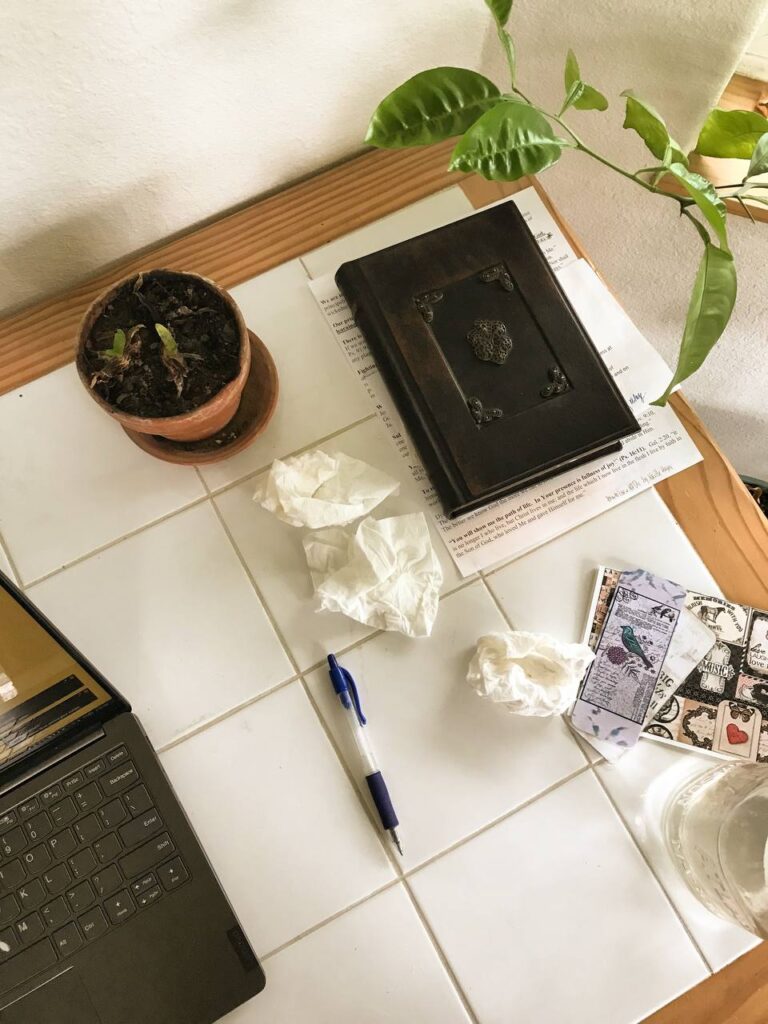
Which brings me to what might be the central scripture verse for this new book:
After the reading from the Law and the Prophets, the rulers of the synagogue sent a message to them, saying, “Brothers, if you have any word of encouragement for the people, say it.”
– Acts 13:15
So there is definite shifting, winds changing. Pressure and attack colliding with trust and abiding. Hard work colliding with rest. Surrender in one direction and rebuke and binding in the other. In spite of the attacks when we are this close, we have momentum: With every Yes, His kingdom’s coming. Because it all works.
P.S. If you haven’t heard yet, the new book is called Risk the Ocean: An Adoptive Mom’s Memoir of Sinking and Sanctification. It releases September 19th and you can preorder it here. xo


